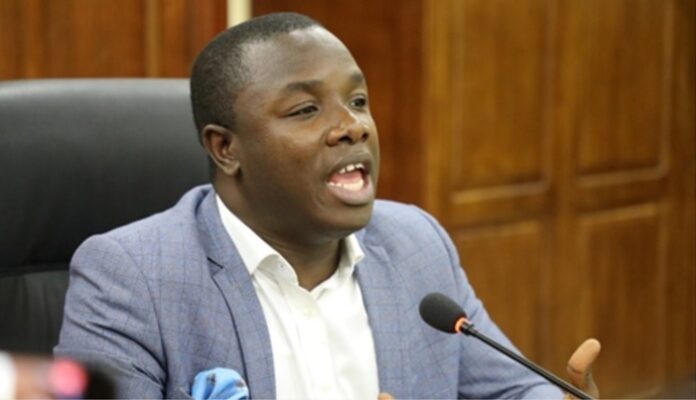The recent decision by the US Treasury to impose sanctions on Monrovia City Mayor, Jefferson Koigee, deserves careful attention both within Liberia and on the international stage. This action serves as a strong and unmistakable signal that using one’s position to foster violence and division will not be tolerated. It should also serve as a critical warning to young Liberians who might be tempted to believe that violence is a viable means to achieve their goals.
The US Treasury’s decision highlights a series of multiple violations allegedly committed by Mayor Koigee. These violations, when analyzed collectively, reveal a worrisome pattern of behavior that undermines the principles of democracy, unity, and peace. By sanctioning Koijee, a clear message is being sent to all Liberians – irrespective of their respective positions – that those who engage in activities aimed at inciting violence and division will face consequences.
One of the core pillars of any functioning society is the adherence to the rule of law. When individuals in positions of power abuse their authority and use it to fuel violence, it erodes the trust citizens have in their elected officials and undermines the fabric of democratic governance. The sanctions against Mayor Koigee illustrate the commitment of both the US government and the international community to holding such individuals accountable.
Importantly, these sanctions extend beyond a mere punitive measure; they serve as a preventive mechanism as well. By publicly condemning and sanctioning Mayor Koijee, the US Treasury aims to deter other aspiring politicians from following a similar path. It sends a strong message that violence and divisiveness will not be rewarded or tolerated, but rather met with strict consequences. This stands as an opportunity for young Liberians to reflect on the right path to positive change in their society.
Furthermore, this decision should prompt a deep evaluation of Liberia’s political system and the role of elected officials. Liberians must demand higher ethical standards from those they elect into office, and this incident should serve as a catalyst for a broader conversation about political accountability and the need for transparent and responsible leadership.
It is essential for Liberians to take this opportunity to reflect on the consequences of violence and divisions within their society. Instead of resorting to such destructive tactics, a truly positive and prosperous path can only be paved through inclusive dialogue, community engagement, and collaboration. The sanctioning of Mayor Koijee draws a clear line between acceptable and unacceptable behavior, and it is now the responsibility of every Liberian to choose the path of peace and progress.
In conclusion, the sanctioning of Monrovia City Mayor Jefferson Koijee by the US Treasury represents a clarion rebuke to those who seek to use positions of power to promote violent and divisive agendas. This action should be taken not only as a warning to young Liberians but as an opportunity to foster a culture of responsible leadership, democratic values, and peaceful resolution of societal challenges. The road to a positive future lies in unity, dialogue, and the rejection of violence.







